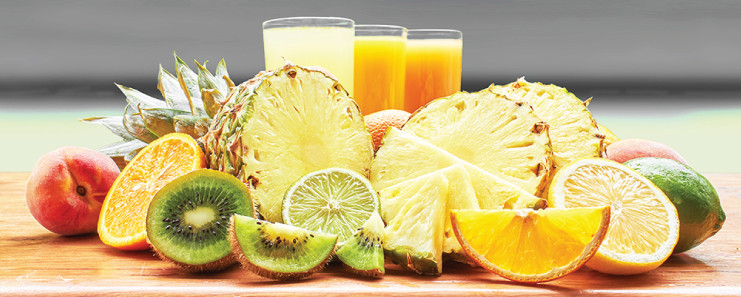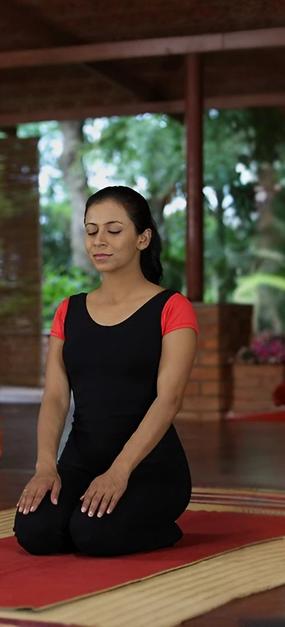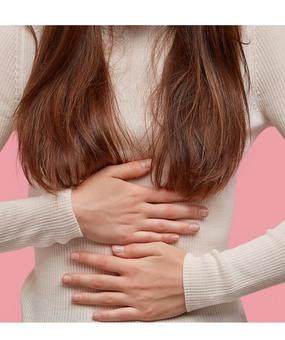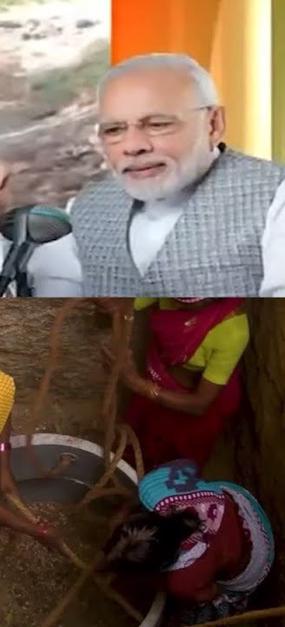You wake up and glance at the calendar. What’s the date? Oh! It’s that time of the month again!
Menstruation is a unique experience that only we, girls go through. However, similar as the process is for all of us, each of us goes through an experience that is distinctively ours. Some of us anticipate pain, some undergo cramps, some lose appetite, some go through wild mood swings, and then some just go through the motions (pun unintended!).
Along with the signs of menstruation, there are several restrictions that seem ‘arbitrary’ and ‘meaningless’. The fact is that different parts of the world have different superstitious beliefs about menstruation.
Menstruation Stories: Both Bad & Beautiful
I remember one of my school friends told me she would have a ‘coming of age’ ceremony (à la Jewish bar mitzvah). And that she would consume a bottle of ghee at this time! (Loved the idea of a celebration of womanhood!)
I also heard from some relatives that they were quarantined in a room and told not to have a bath till the fourth day! (Huh! Really?!)
They were also forbidden from touching anything or anyone at this time. (Why, oh why?)
Some women are told not to cook food. They are given a special diet to eat in these three days. (Explain, am all ears.)
No offense to the previous generations, but I thank my lucky stars I was born in a period of ‘enlightenment’ where normal body functions were treated as just that without making it a matter of cleanliness. I was not told to take more rest or work less.
So, I didn’t think too much about it till recently, when I met a close friend’s wife, a postgraduate in science from a prestigious university, who still followed these practices. I found it hard to believe there were still takers for these practices.
Naturally, I asked her about it. And that was when she told me Ayurveda’s take on menstruation practices.
Ayurveda, the ancient Indian system of medicine, explains some of these age-old practices: that they were not inane or even unscientific.
So, for all those of you, who, like me, didn’t know why some ‘beliefs’ exist, here’s what I found out.
Ayurveda’s View of Menstruation
Ayurveda views menstruation as a purification process for women – a detox process. Far from it making the woman unclean or impure, the cycle helps in self-purification. It is the body’s mechanism of removing toxins and impurities. In fact, the cycle is seen as an advantage that only the woman has.
Ayurveda and menstrual cycle symptoms
What is interesting and distinct about Ayurveda is that it does not differentiate you based on whether you are a man or a woman, an old or a young person. It only categorizes you based on your constitution: are you a vata, pitta or kapha prakriti person?
How does it matter?
Well, for vata–prakriti people, the menstrual cycle is associated with pain. This is because excess vata results in its sheetha (coldness) and khara (roughness) causing constriction of blood vessels. This obstructs the free flow of vata, and is, hence, painful.
For pitta-prakriti people, the menstrual cycle includes heavy bleeding and swollen breasts.
For kapha–prakriti people, the menstrual flow is heavy, with clots in the menstrual blood.
These symptoms are considered abnormal, and it is believed to be possible to reduce them by following the ‘rules’.
Ideal characteristics of shuddha aartava or normal menstruation are:
- Discharge is monthly: in regular intervals, and without sliminess
- There is no burning sensation or pain
- Discharge is up to five nights: neither in excess nor scanty
Rules of Menstruation and Reasons for Them
While not all period facts and myths can be explained, in general, the ‘rules’ in menstruation are meant to help you lead a happier and healthier life at this time of month.
1. Physical Exertion
Do not exercise too much. Do not go out.
What an old-fashioned view, right? I can’t blame you for scoffing at the very notion of slowing down at this time. We live in an age when we want to prove that our energy and capabilities are just as good as a man’s. Sanitary napkin adverts also celebrate the spirit of womanhood and debunk these menstruation taboos.
So how does Ayurveda explain this?
Facts about menstruation: In this ‘period’, you lose a lot of blood, so naturally you become weaker physically and less active mentally. The excess blood, also, leads to a lot of heat inside you that is being released during menstruation, working to make the body cooler. Exercising, and leading a very active life at this time requires more blood circulation and generation of heat, which is counter-productive.
Ayurveda suggests that you
- Give yourself some precious ME time.
- Only do mild exercise, if you must; exert yourself less. Some people exercise to get rid of cramps. Ayurveda contends that resting in this period will reduce the symptoms of menstrual cramps and other such discomforts. Simply because you are listening to your body’s needs.
Not adhering to these causes the apana vayu to move upward rather than downward. And, hence, you are not giving the heat and toxins a chance to leave your system naturally.
What is Apana Vayu?
This is one of the five winds that exist in our body. It is present in the lower part of the body and governs downward moving energy to release the fetus, feces, flatulence, and fluids (urine, blood and so on).
People undergoing fasts or panchakarma, are advised rest and meditation; it is best for menstruating women to follow suit. Stress leads to hormonal imbalance and disorders like PCOD (Polycystic Ovarian Disease); sometimes, without the cognizance of women.
That is why minimal physical exertion is recommended. At no point, does it mean the woman is less capable. Phew, that’s a relief!
2. Hygiene
Make sure you bathe from head to toe on the fourth day of your menstrual cycle.
What? Does this mean I am dirty because I menstruated? Actually, the idea behind the advice has more to do with body heat than dirt.
Facts about menstruation: Over the first three days, the body is already working towards releasing heat through the discharge of blood. It is suggested that you not have a head bath and not clean yourself with cold water in this time to avoid interference with the natural detox process. You may, of course, clean yourself for hygiene. However, on the fourth day, a head bath culminates the cooling process that the body began when you started menstruating. A complete head-to-toe bath is suggested.
3. Diet
Eat light, cooked food, at, preferably, the same time every day.
Facts about menstruation: Women experience decreased appetite, and hence, eat lesser in these days. This is because their agni (internal digestive fire) is low at this time. This time of month is characterized by different symptoms including heaviness, flatulence, diarrhea, and constipation. Hence, lighter and easily digestible food are suggested to put less stress on the body’s systems.
Depending on your prakriti, you can eat food that helps easy digestion:
Vata: Have warm foods, and spices, ginger tea; hydrate yourself. Avoid stimulant drinks. Read more on vata-pacifying foods.
Kapha: Drink ginger tea, avoid fried and fatty food and dairy. Hydrate yourself. Read more on kapha-pacifying foods.
Pitta: Avoid spicy, sour, salty, excessively hot, or oily foods. Eat sweet, bitter and astringent food, cooling herbs like coriander and cilantro. Hydrate yourself. Avoid emotional stress; manage your mind, so you don’t get angry or irritated. Read pitta-pacifying foods. (Suggestion: Try Nasya when you are not menstruating.)

4. Sleep
Don’t sleep in the day time. Sleep before 10 PM every day. Sleep on thin mattresses, and mats like tatami mats.
Facts about menstruation: In Ayurveda, it is believed that not following these habits will vitiate the balances in the constitution of the menstruating woman. Getting adequate rest, and sleeping and waking regularly, and at the same time, will help in rejuvenating and nourishing the agni, and restoring the strength of the person.
Sleeping on tatami mats helps ease strain on the back and lower limbs, both of which are, usually, affected during menstruation.
These practices are believed to prevent hormonal disorders, and symptoms of menopause and help manage PMS (pre-menstrual stress), all of which are highly prevalent in working women today. It also enables the birth of a healthy child, as this phase is the forerunner for the very origin of life.
Naturally, no educated person will condone any practice that harms women by compelling them into menstrual huts and solitary camps at this time. On the other hand, if the practices help relax, energize, and encourage women to take better care of their health, I’m all for it!
Written by Anusha Chellappa with inputs from Dr. Sharika Menon, Vaidya, The Art of Living

















